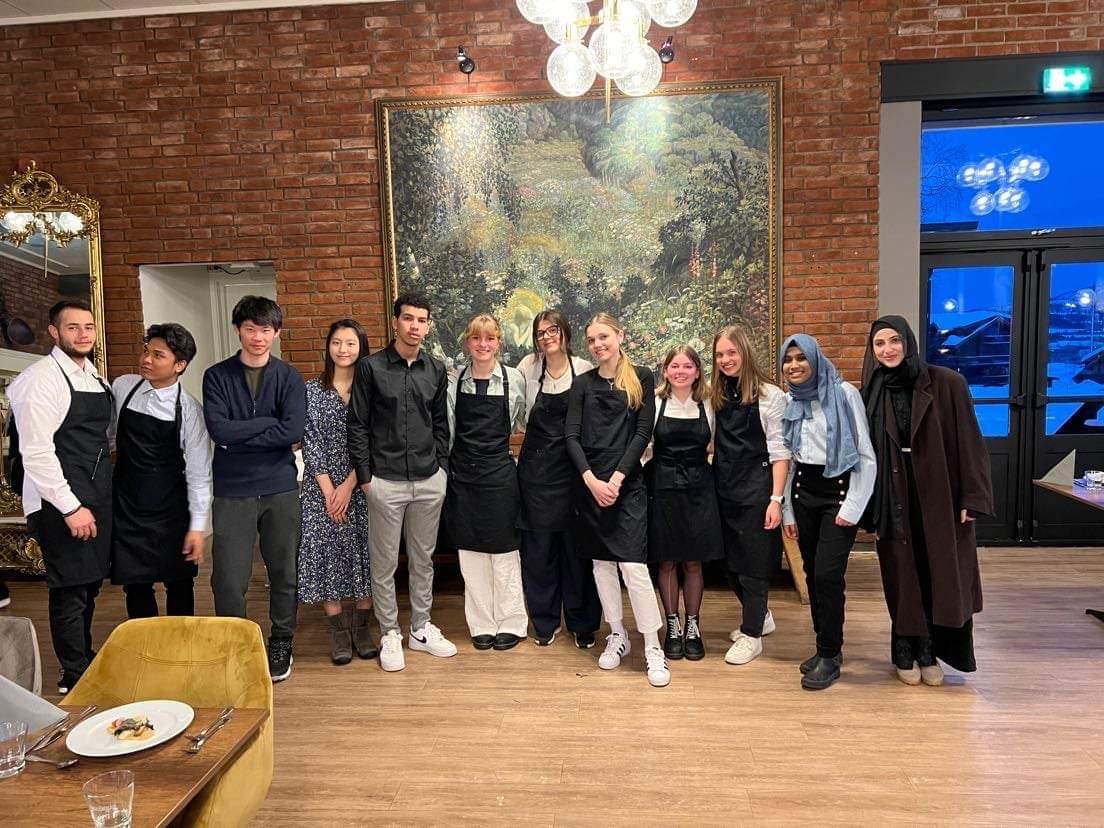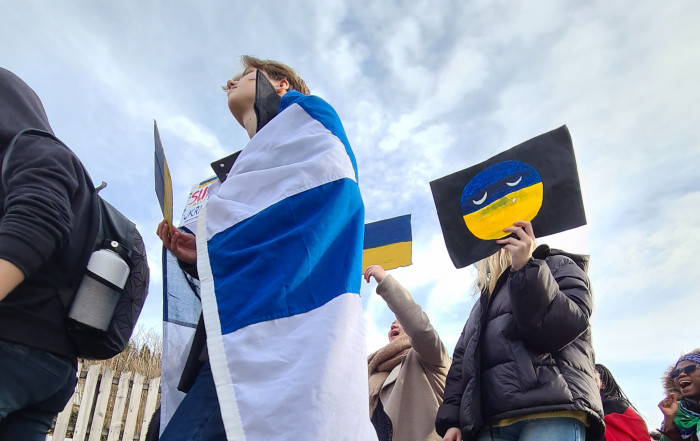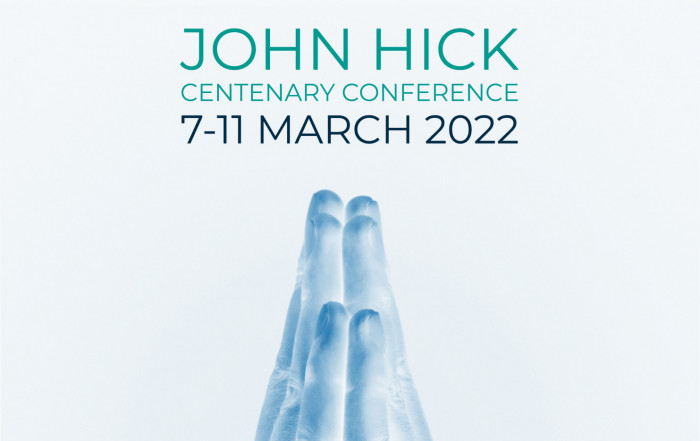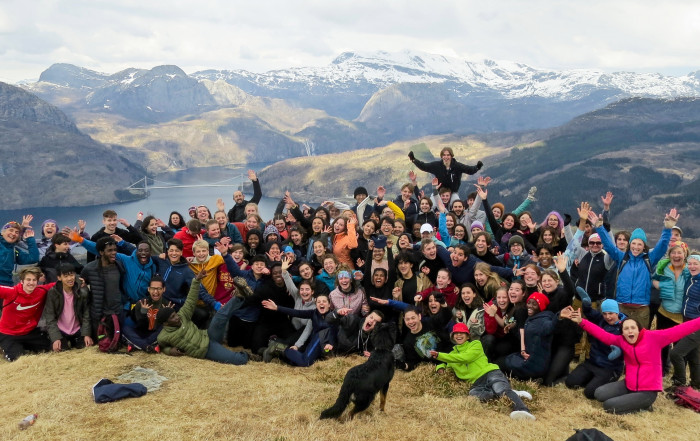At our College, we prioritize empowering students to engage with the world around them and embrace diverse perspectives. One such transformative opportunity that has left an indelible mark on our students is volunteering at Ridderrennet, the largest annual winter-sport week for people with visual and mobility impairments. Through this incredible experience, our students have witnessed firsthand the profound impact of inclusion and camaraderie in the world of sports. Ridderrennet, held in the picturesque skiing town of Beitostølen, Norway, brings together hundreds of participants from across the globe, fostering an environment where abilities are celebrated, friendships are forged, and barriers are overcome. Kolbrún Garðarsdóttir, our first-year student shares their firsthand account of volunteering at Ridderrennet and reflects on the invaluable lessons learned during this unforgettable week.
“I recently had the privilege to volunteer at Ridderrennet , an annual winter-sport competition for people with disabilities. I am extremely grateful to be able to have gotten this opportunity, and many students that have this experience report it being the best time during their stay at RCN.
Ridderuka (Knight’s week) is the largest annual winter-sport week for people with visual and mobility impairments. Each year in March, there will be 350-450 participants of all ages, from all over the world, competing in all kinds of winter sports in Beitostølen, which is a small skiing town in inner Norway. Many people attend this event year after year, and some return every year without fail.
Our main role at the event was to volunteer at a restaurant at a hotel next to the downhill skiing slopes. The work mostly involved helping people of various abilities receive food from the buffet and get situated at a table. Everyone, both staff and participants, welcomed us warmly and really made our stay there as amazing as it was. During our shifts at the restaurant, we got the chance to get to know the participants, which really made us get a feel for the warm atmosphere of Ridderuka. Some people we spoke to had been attending Ridderrennet every year for a long time, even decades, so when we arrived at our first shift we were entering into a community of people. Through our conversations, it was clear that they had formed friendships over the breakfast table in the dining hall, the skiing slopes, and the many events that take place when the competitions are not.
A highlight of the week is one of these events; the talent show. Participants, staff, and volunteers alike take part in it, and in the words of one of the organisers that showed a few of us around, “The talent is not what matters.” Rather, the show is for the whole Ridderrennet community to come together, have fun, and appreciate each other’s company.
These words are exactly what makes Ridderuka, a week where people gather and enjoy being together with new and old friends, while doing the sports they love. After having the experience of attending the event and helping it come together, I think that all of us volunteers have a greater understanding of the importance of opportunities like these. Ridderuka gives people motivation and opportunity to be active in their sport, try new and different things, and connect with people from all over the world.”
Latest News
Walk Against War
«What do we want? Peace in Ukraine. When do we want it? Now!» When the first UWC college was established in Wales in 1962, it was as a response to the political conflict of [...]
John Hick Centenary Conference 2022 at UWC Red Cross Nordic
UWC Red Cross Nordic will celebrate the 100th birthday of the philosopher and theologian John Hick, by organising a week of activities between 7th and 11th March 2022, centered on Hick’s ideas, the [...]
Nobel Peace Prize Nomination
UWC has been nominated for the Nobel Peace Prize! The nomination was made by Alfred Bjørlo, member of the Norwegian parliament for the Liberal Party from the region of Sogn and Fjordane (where [...]




